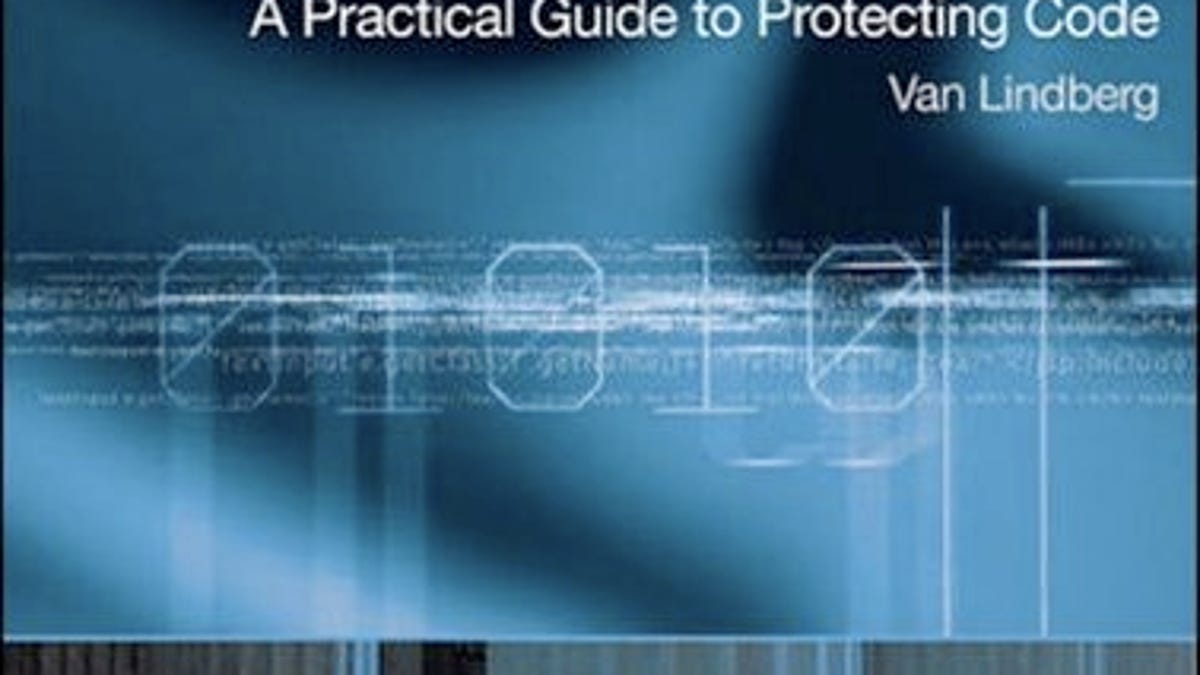 Why You Can Trust CNET
Why You Can Trust CNET The open source book you'll actually want to read
Van Lindberg has written an exceptional explication of open-source licensing issues. You'll definitely want to read this one.

A few months back, I helped to review and edit a book for Van Lindberg and O'Reilly Media called Intellectual Property and Open Source: A Practical Guide to Protecting Code. Over the past 10 years, I've read every open-source legal book written. Lindberg's book is by far the best.
If you've wanted a book that helps to explain complex open-source legal questions in a readable, approachable style, this is it. If you've wanted to know how to write an open-source contract, or whether patents were going to be the undoing of your project, here's your book.
Lindberg is an exceptional writer. Take this opening to his chapter on the GPL:
Almost all of the difficult questions that open source lawyers worry about revolve around the GPL.
The GPL has a lot of things going for it: it is the single most common open source software license; it has brought together a large and vibrant community of developers; it is a brilliant hack.
At the same time, there is no single license that is more mistrusted or reviled than the GPL. Many open source developers refuse to accept or release code under the GPL because it imposes restrictions at the same time as it grants freedoms. I know from personal experience that the GPL gives most lawyers fits.
In short, very few people have a balanced or nuanced view of the GPL - they either love it or they hate it. Speaking in broad generalizations, though, I think that these strong emotional reactions really come down to two core issues.
Lindberg then goes on to parse and explain the GPL in language that most will understand. He also doesn't pull any punches in identifying the big issues. As a lawyer, he knows where the landmines are:
In day-to-day use, in fact, people don't usually encounter the difficult edge situations that we will discuss for the rest of this chapter. If people want to use any GPL-licensed code, they usually GPL all of their code. If they don't want to use the GPL, then they completely avoid it.
Nevertheless, there is a persistent issue that won't go away - the question of whether linking programs together creates a derivative work. If linking creates a derivative work, then the GPL applies to the linked program; otherwise, the GPL doesn't apply.
Let's put it this way. I'm a lawyer that finds lawyers a bit annoying at times, and I'm an open-source advocate that finds open sourcerors a bit annoying at times, too. I learned a lot by reading this book, and didn't feel like I was being made to rehash old issues that I'd long put to bed in my mind. Lindberg manages to present a clear view of the open-source legal world without boring the reader. That says a great deal about the quality of his writing.
I'd suggest you read this book. It truly is the best thing written about open source since Eric Raymond's The Cathedral and the Bazaar. Yes, I really mean it. I think it's that good for helping people navigate the questions that arise from open source.
Note: The quotes above come from a pre-release version of Lindberg's book. He may have changed or altered these sections. Nevertheless, a) they're all I have and b) they still represent the quality of his writing.